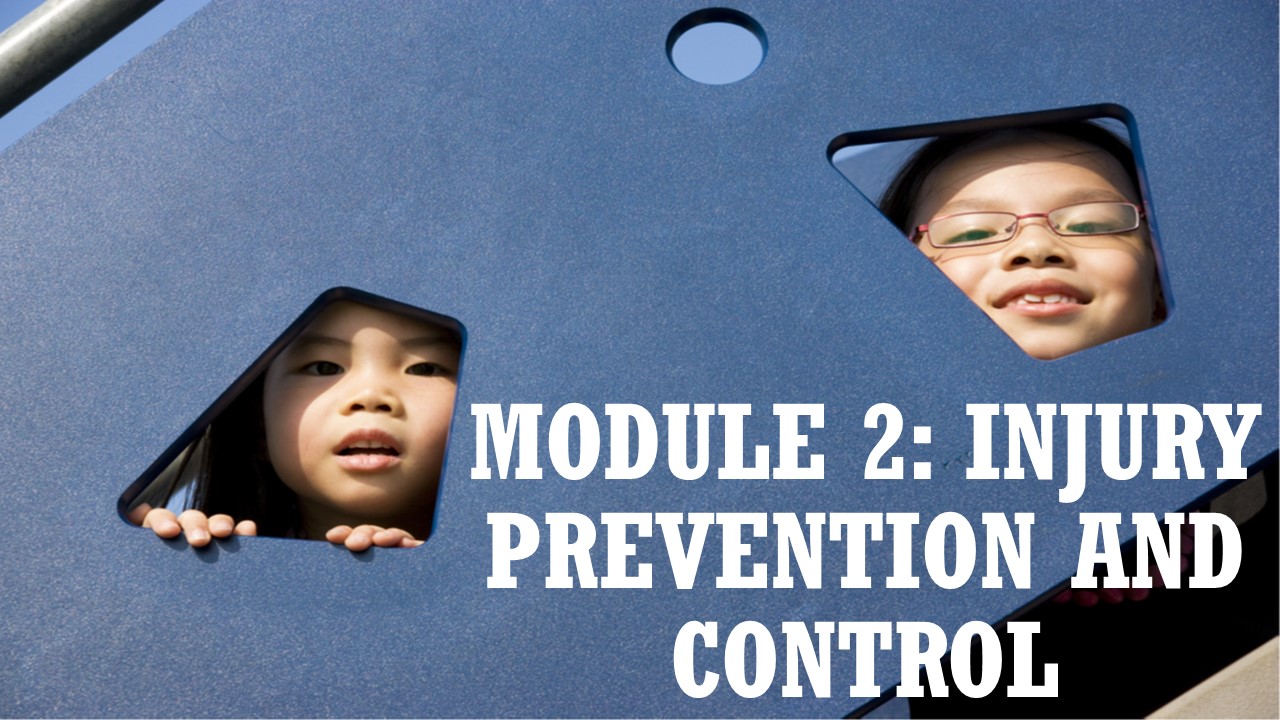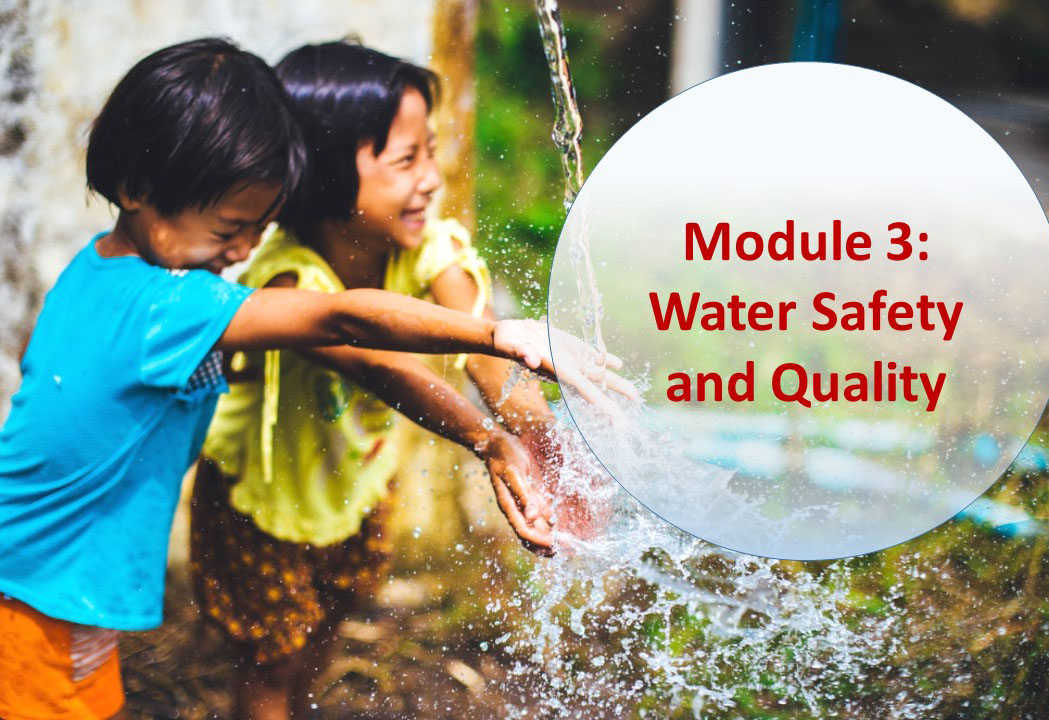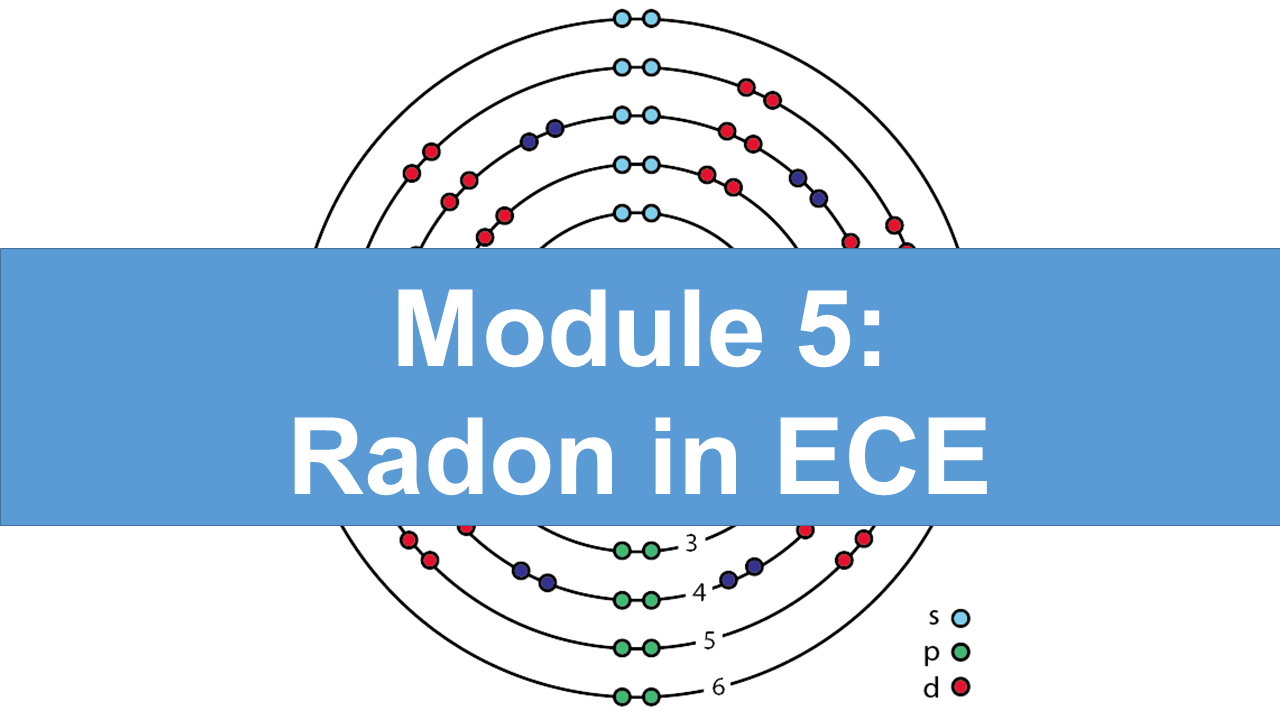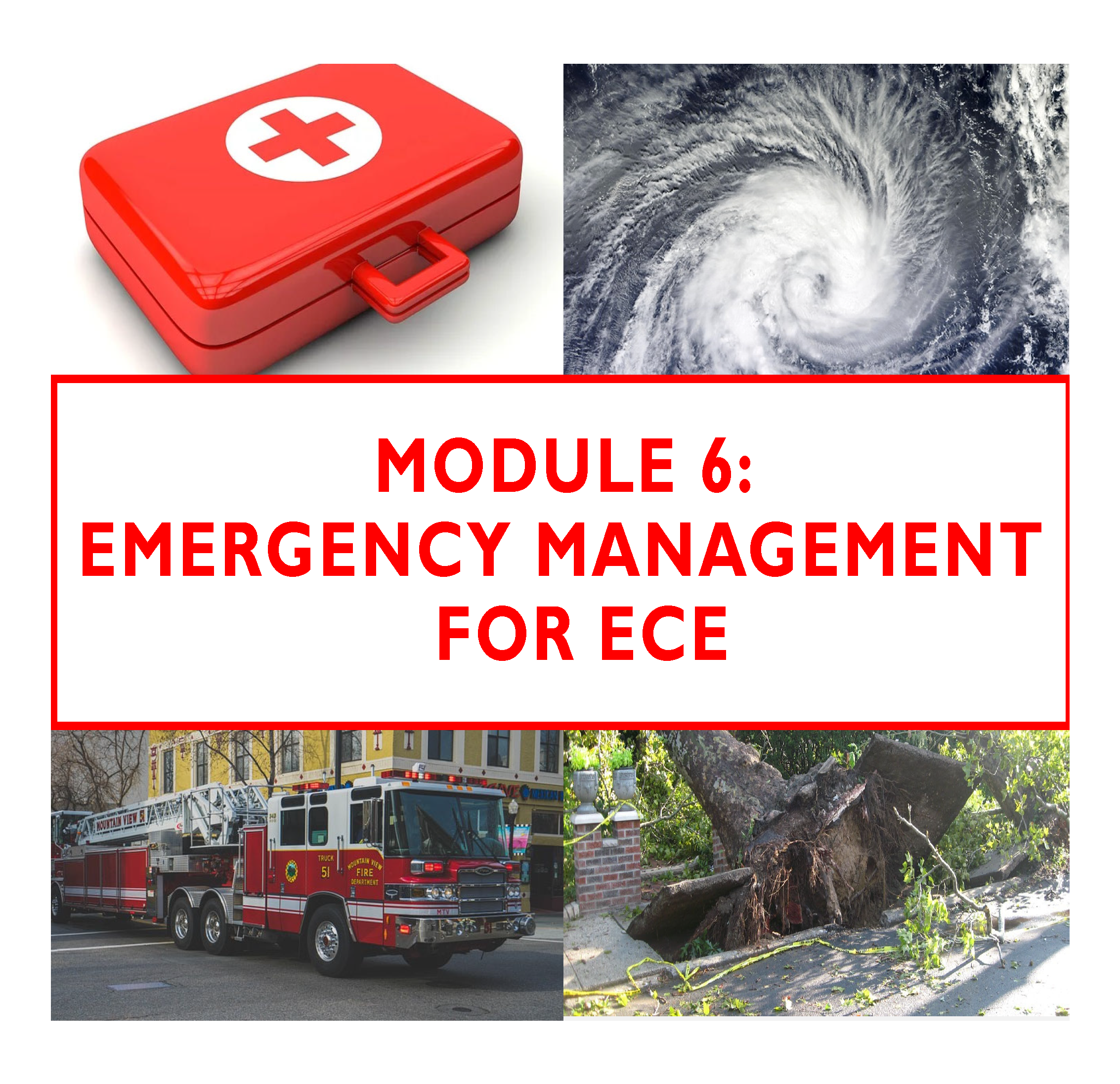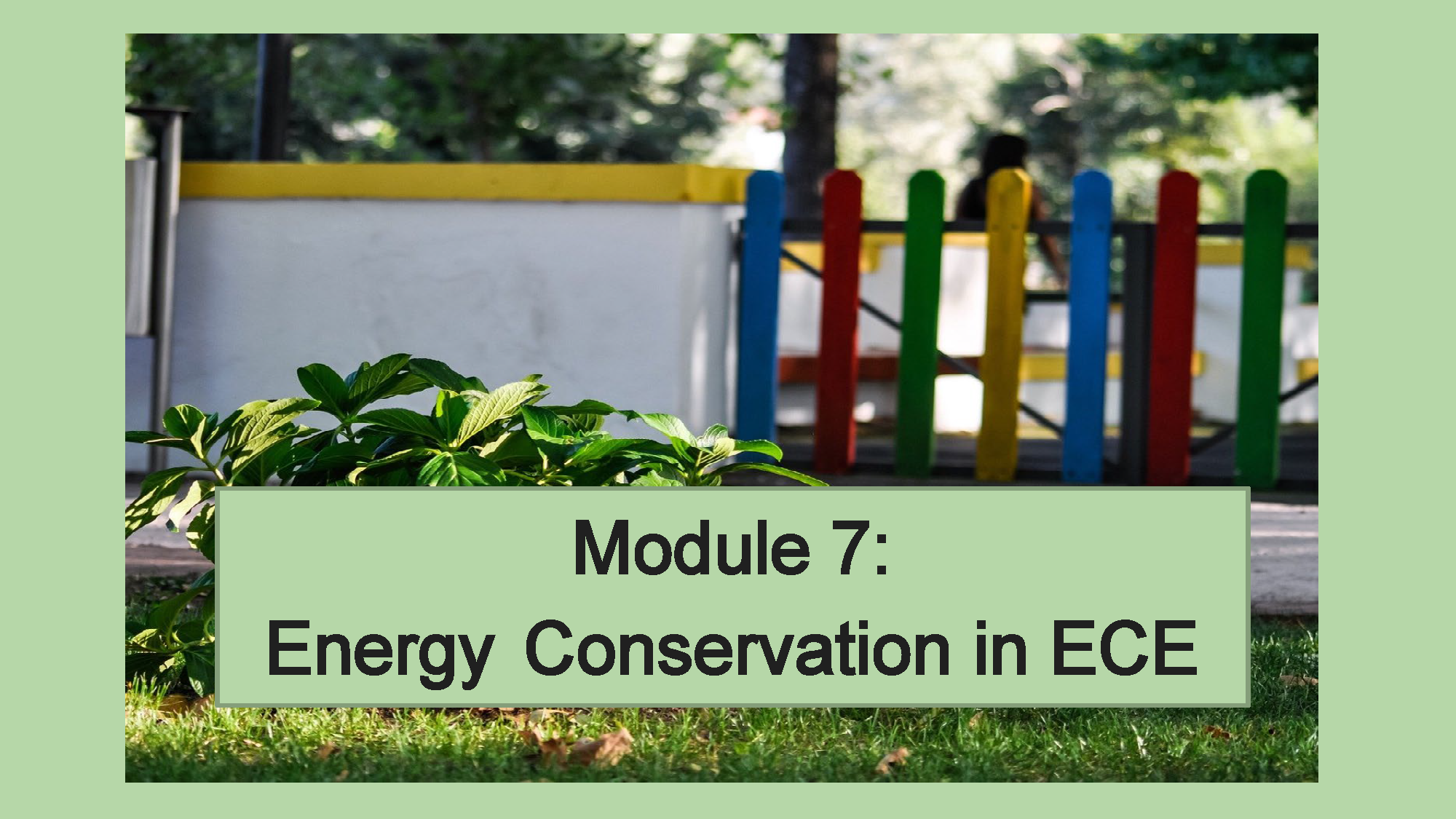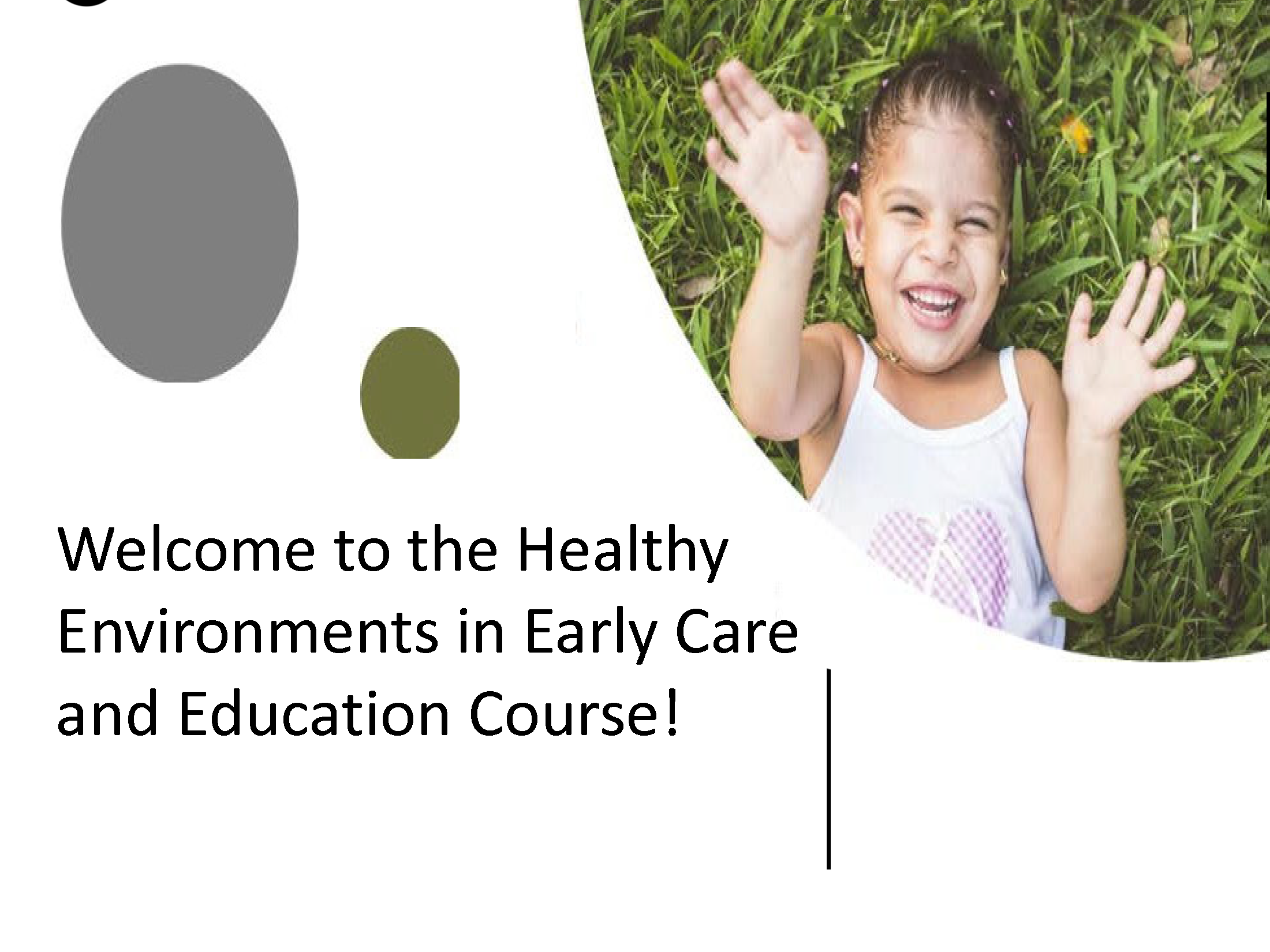
This online course is designed to help ECE teachers/child care professionals understand how to keep the early care and education environment safe and healthy. Each individual module in this course will introduce you to a specific topic. To begin this course,
- Choose a module
- Test your knowledge by completing the module pre-test
- Watch the videos and review the resources for each section of the module
- Feel free to go back and review sections as often as you like
- When you feel confident that you have learned all of the content in the module, take the module post-test
- If you receive a score of 80% or higher on the post-test, you will be able to print a certificate of completion
Important Note: Each state has different training requirements for ECE teachers/child care professionals. Before completing the modules, you may want to check your state's regulations to find out whether these modules can be used for ECE training credit in your state.
This project was developed by the University of Georgia Extension as part of the National Healthy Homes Partnership, and was supported in part by funding received from the U.S Department of Agriculture National Institute of Food and Agriculture and the U.S Department of Housing and Urban Development Office of Lead Hazard Control and Healthy Homes.
Asthma
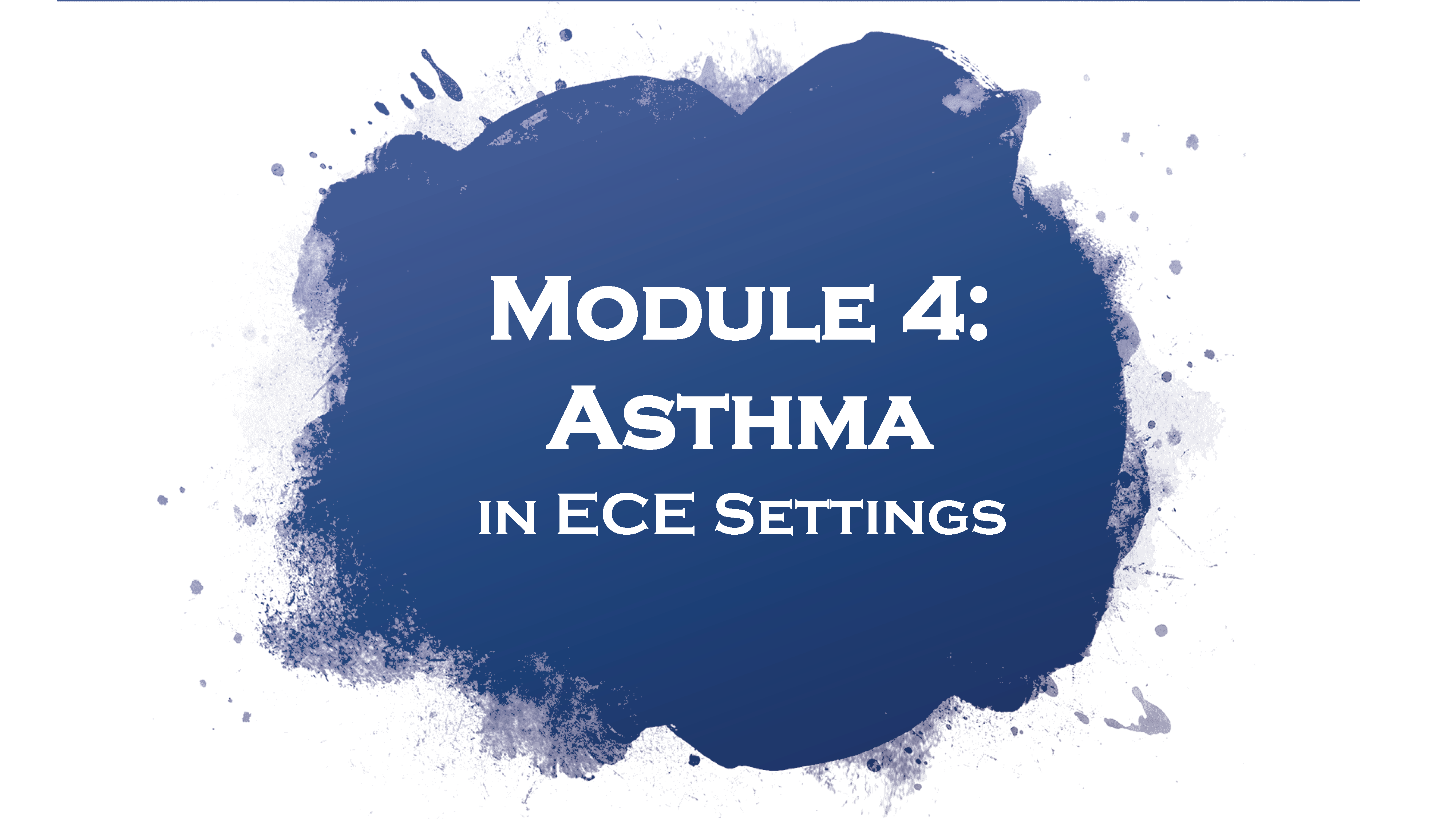
This module is designed to familiarize you with common asthma triggers in the ECE setting. You will also learn ways to reduce the risk of an asthma attack among children and adults by reducing exposure to those triggers.

